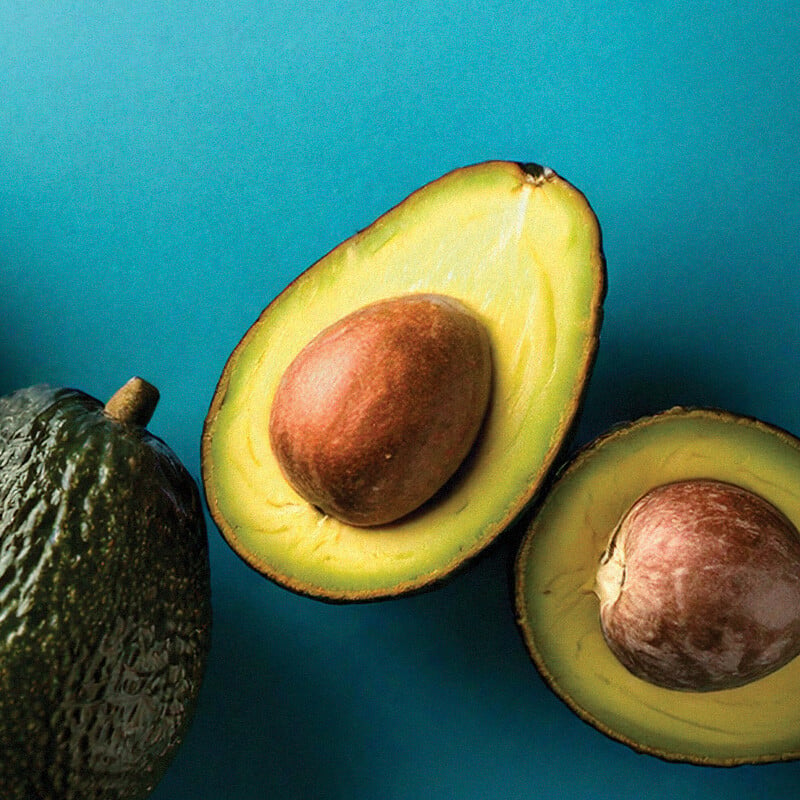AI Meal Planning: Genius or a Gamble?
Busy people know that meal planning and meal prepping are key habits to staying healthy.
With the amazing advances in Artificial Intelligence (AI), more people have started to use this technology in the kitchen to make the meal-planning process easier.
At Loop Nutrition, we're fascinated with how AI can improve our daily lives. But is it actually the genius solution to our meal-planning challenges?
Let's talk about the potential benefits and risks of AI meal planning!
The Genius of AI Meal Planning
Saves Time
AI makes meal planning quick and easy. It eliminates the need to search for recipes, make a grocery list, and calculate each meal's nutritional content. So, if you struggle to find time to sit down and create your own meal plan for the week, AI can help you save some time and stop stressing over what to make for dinner.
Increased Menu Variety
AI can suggest a wide variety of recipes and ingredients that you might not have thought about trying, keeping mealtime exciting and fresh. Exposure to new cuisines can broaden your mind, spark culinary creativity, and make meal prep more fun and adventurous!
Cost Effectiveness
By generating precise grocery lists, AI can help you cut down on food waste and stick to your budget. It helps you buy only what you need, reducing your risk of overbuying and letting ingredients go unused or to waste.
The Gamble of AI Meal Planning
Imperfect Personalization
While AI can analyze a lot of data to create a meal plan, its personalization is limited to the information you provide. This means it can miss important information and subtle details about your nutritional needs and preferences that are crucial for making a truly customized meal plan.
Unlike an experienced dietitian, AI can't fully understand the intricacies of your daily lifestyle and habits, which means the meal plan it creates might not be effective for you.
Lack of Human Insight
AI can quickly pull data from all over of the internet to create a meal plan, but it can't fully understand the context of your daily life. It doesn't consider how social events, spontaneous outings, or travel plans affect your meal choices and eating habits.
An experienced dietitian can adjust their recommendations based on your lifestyle to make a nutritionally balanced meal plan and teach you how to navigate and adapt your nutrition to real-life situations.
Over-Dependence on Technology
Depending too much on AI for meal planning might reduce your ability to make intuitive food choices. This reliance on technology can make it hard for you to make good choices when technology isn't available and prevent you from developing the skills you need to manage your nutrition on your own.
Over time, this reliance can reduce your confidence in making informed dietary decisions without the help of technology.
Risking Nutritional Inaccuracies
The internet is full of mistakes and misinformation. Mixing that with the limitations in AI's algorithm means that you could be getting an unbalanced meal plan that actually fails to meet your nutritional needs or get you to your health objective.
It also might not account for the complexity of your unique dietary requirements or health conditions, which can also result in getting a meal plan that overlooks essential nutrients or fails to align with your specific health goals.
Conclusion
It's exciting to think about how we can use AI to make time-consuming tasks like meal planning easier. But it's important to remember that this technology has limitations.
At Loop Nutrition, we believe that AI is a great tool. It can complement the personalized guidance of a registered dietitian, but it can certainly not replace it.
Get your first taste of personalized nutrition advice during your first session with a Loop Registered Dietitian at no cost to you. Guaranteed. Click here to get started!







.jpeg)
.jpg)
